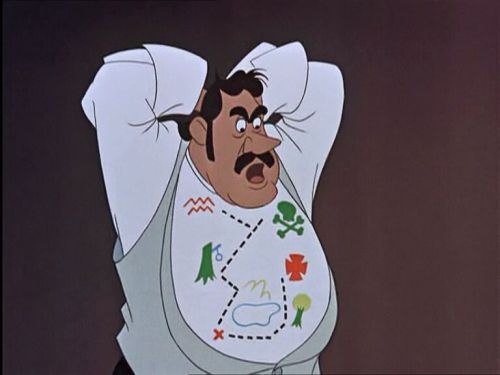 |
| Image found here |
him lament the current state of his life. He explained that his employment and educational prospects were not unfolding as he had wanted. I listened attentively as he expressed anguish over feeling midway into a life that had gone awry. Insistent that he had previously had a life agenda, he described feeling a failure at having not seen those plans come to fruition. I hugged, validated, and soothed, as he repeated his distress without apparent purpose or intent.
At first, I didn't know how to respond. I wanted to swoop-in with some miracle solution. I wanted to assure him to keep his chin up. I wanted to throw my hands up in the air and yell "you're right! This sucks! Screw it all!" Not knowing what to say, I tried to sort through my myriad of emotional responses, and I was struck with a sense of déjà vu.
It seemed as though I had heard this story before. I recalled a call with a close friend from several weeks prior. It was a routine check-in call, and by all outside accounts this woman's life was going very well. Only, when you asked her she disagreed. To her, she'd missed opportunities to follow her dreams. She felt stuck between wanting to make her dreams happen and feeling like it was too late. This wasn't the first time. When I considered the tone of our chats over the last few years, this was a prevalent theme. She wasn’t the only one either.
In fact, when I thought harder, I could cite a plethora of conversations in a similar vein. I remembered tears over coffee, commiserating with cocktails, and throwing hands in the air during hikes. It seemed that every 20-something I know carried a degree of angst regarding the apparently off-track direction their life had taken. Actually, my own life didn't stray too far from this pattern.
I continued to listen, pulling the pieces of a generation together, as he took a more dire "where did I go wrong?" tone. Then, finally, I spoke.
"I think this is normal," I said.
Honestly, it appears that people in their mid-late 20s all experience some degree of unhappiness with their diverse range of circumstances. For some of us, its feeling we've neglected the urge to begin relationships and create families. For others, it's dissatisfaction with having lost focus on our career goals. There are those of us who wanted to travel more by this point, and others who expected to securely establish themselves in a community. Whatever the flavor, we all seem to identify a portion of our lives that changed course or didn't quite follow the path we intended. As a result, we've got this built up anxiety about feeling adrift in a society that has it all figured out.
What's baffling is the finality of the concern. Somehow, we've gotten it in our heads that it's too late. We look to one another for support. We ask for advice about how to right our course, and yet we expect nothing. We compare ourselves to one another, assuming we are alone in this. We guess that other young adults have it all figured out. Then we are surprised to learn it’s not uncommon, and we lose hope for the future as we bemoan our past.


